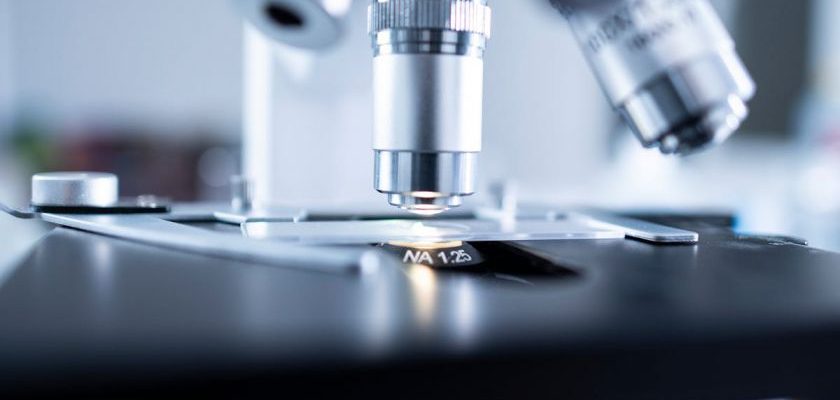In the ever-evolving landscape of industrial processes, biotechnology is emerging as a game-changer, revolutionizing the way industries operate. With its potential to optimize efficiency, reduce waste, and minimize environmental impact, biotechnology is increasingly being integrated into various sectors to drive innovation and sustainability. Let’s delve into how biotechnology is reshaping industrial processes and paving the way for a more sustainable future.
### Enhancing Efficiency and Productivity
One of the key benefits of integrating biotechnology into industrial processes is its ability to enhance efficiency and productivity. By harnessing biological systems and processes, industries can streamline their operations, leading to higher output and reduced production costs. Biotechnological advancements such as enzyme engineering, fermentation processes, and metabolic engineering have enabled industries to optimize their manufacturing processes, resulting in higher yields and improved product quality.
### Reducing Environmental Impact
Biotechnology offers a sustainable approach to industrial processes by reducing their environmental footprint. Through the use of bio-based materials, renewable energy sources, and eco-friendly production methods, industries can minimize their reliance on fossil fuels and decrease their carbon emissions. Biotechnological solutions like bioremediation, biofiltration, and biofuel production are helping industries mitigate their impact on the environment and move towards a more sustainable future.
### Innovation in Materials and Products
Biotechnology is driving innovation in the development of new materials and products that offer enhanced performance and sustainability. By leveraging biologically derived materials such as bioplastics, bio-based polymers, and bio-composites, industries are creating eco-friendly alternatives to traditional synthetic materials. These bio-based materials not only reduce dependency on non-renewable resources but also exhibit properties like biodegradability and recyclability, making them ideal for a circular economy.
### Future Outlook and Opportunities
As biotechnology continues to advance, the possibilities for its application in industrial processes are virtually limitless. From bio-based manufacturing and synthetic biology to bioprocess optimization and biorefinery concepts, the future holds immense potential for biotechnology to revolutionize industries across sectors. By embracing biotechnological innovations and integrating them into their operations, industries can stay ahead of the curve, drive sustainability, and unlock new opportunities for growth and competitiveness.
### Embracing the Biotechnological Revolution
In conclusion, the integration of biotechnology into industrial processes holds the promise of revolutionizing the way industries operate. By enhancing efficiency, reducing environmental impact, fostering innovation, and opening up new avenues for growth, biotechnology is reshaping the industrial landscape and paving the way for a more sustainable future. As industries continue to embrace biotechnological solutions, they stand to not only optimize their operations but also contribute to a greener and more sustainable world.

